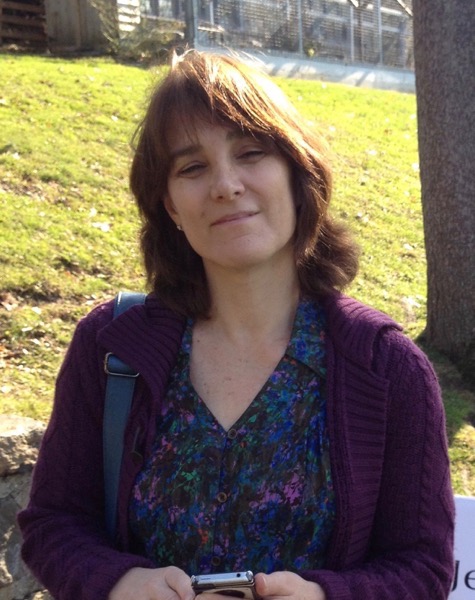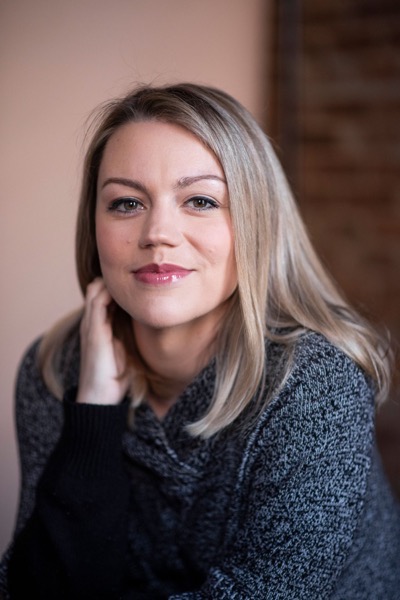Watch this entire presentation
Subscribe to Rosanne’s Channel and receive notice of each new video!
Transcript:
My college is actually in the state of Missouri but we are what is called low residency. So students come to Los Angeles and the picture on the bottom is the Jim Henson Studio in Los Angeles and this is where the students come for workshops twice a year. You’ll see Kermit standing on top. Before Kermit this was the Charlie Chaplin studio founded in 1917 and was never torn down. So it is the original buildings that Charlie Chaplin did all his work in and now we do it with our students. So I you can see the difference in Missouri is quite far away from California.
A Note About This Presentation
A clip from my keynote speech at the 10th Screenwriters´(hi)Stories Seminar for the interdisciplinary Graduation Program in “Education, Art, and History of Culture”, in Mackenzie Presbyterian University, at São Paulo, SP, Brazil, focused on the topic “Why Researching Screenwriters (has Always) Mattered.” I was especially pleased with the passion these young scholars have toward screenwriting and it’s importance in transmitting culture across the man-made borders of our world.
To understand the world we have to understand its stories and to understand the world’s stories we must understand the world’s storytellers. A century ago and longer those people would have been the novelists of any particular country but since the invention of film, the storytellers who reach the most people with their ideas and their lessons have been the screenwriters. My teaching philosophy is that: Words matter, Writers matter, and Women writers matte, r so women writers are my focus because they have been the far less researched and yet they are over half the population. We cannot tell the stories of the people until we know what stories the mothers have passed down to their children. Those are the stories that last. Now is the time to research screenwriters of all cultures and the stories they tell because people are finally recognizing the work of writers and appreciating how their favorite stories took shape on the page long before they were cast, or filmed, or edited. But also because streaming services make the stories of many cultures now available to a much wider world than ever before.
Many thanks to Glaucia Davino for the invitation.
* A portion of each sale from Amazon.com directly supports our blogs
** Many of these books may be available from your local library. Check it out!
† Available from the LA Public Library
![03 About Stephens College MFA from Why Researching Screenwriters (has Always) Mattered [Video] (34 seconds)](https://rosannewelch.com/wp-content/uploads/2020/03/rmw-sao-paolo-03.jpeg)

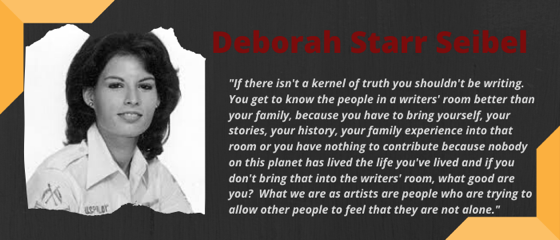
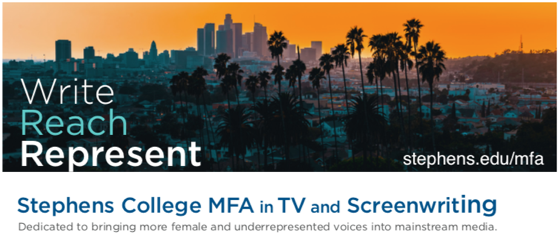
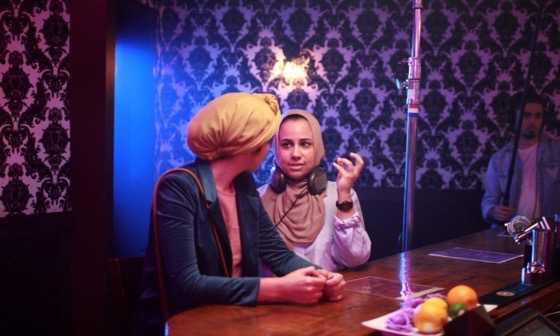
![04 Elizabeth Gaskell and the Salem Witch Trials from When Women Write Horror with Dr. Rosanne Welch [Video] (1 minute 15 seconds)](https://rosannewelch.com/wp-content/uploads/2020/03/rmw-cpp-horror-04.jpeg)
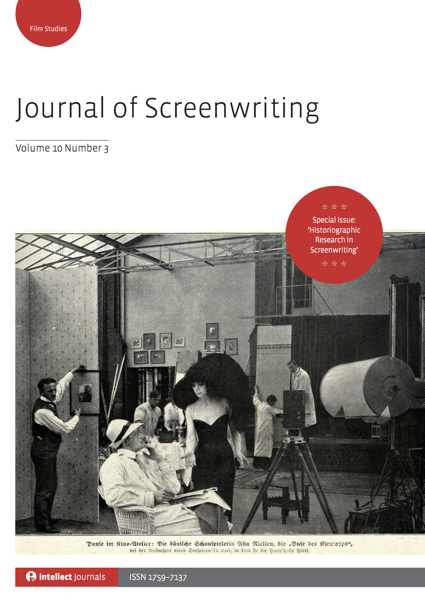

![03 Elizabeth Gaskell from When Women Write Horror with Dr. Rosanne Welch [Video] (1 minute 3 seconds)](https://rosannewelch.com/wp-content/uploads/2020/03/rmw-cpp-horror-03.jpeg)
